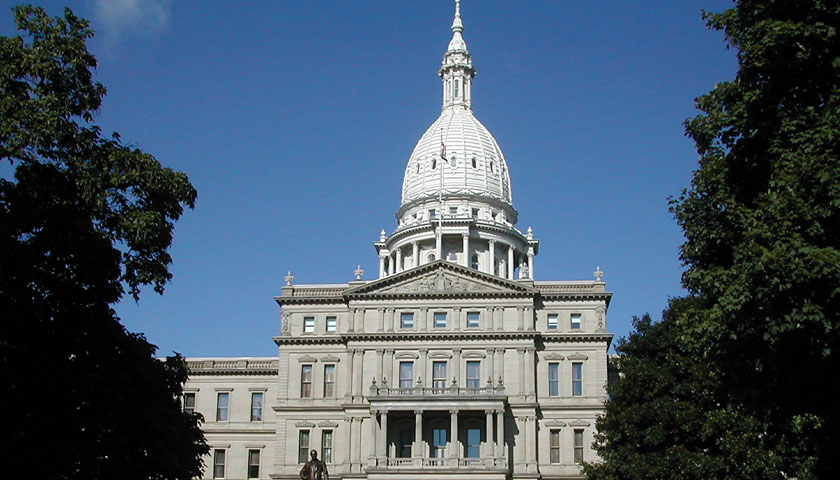by Scott McClallen
A statewide coalition is backing a spending schedule of $6 billion of federal government money from the American Rescue Plan (ARP).
The Coalition for a Strong and Prosperous Michigan represents businesses, government organizations, local elected leaders, and statewide associations. They aim to detail strategic ways to invest Michigan’s ARP funding for future growth and prosperity.
“This sweeping proposal is a strategic and innovative approach to improve communities through a system-wide partnership that uplifts our most vulnerable residents, invests in our workforce, and it provides business assistance to ensure we emerge from this pandemic stronger, more resilient and more prosperous,” President and CEO of the Michigan Association of United Ways Mike Larson said in a statement.
The coalition’s roadmap focuses on five areas:
- Infrastructure: Resilient and sustainable water systems ($2.5B). Investments include lead line replacement, drinking water assistance, PFAS mitigation, and dam repair. Another $500 million would fund high-speed broadband.
- Fiscal Health: Smart investments that provide stability for state and local government ($800M)
- Thriving Communities: Attainable housing and community development ($805M). That’s broke down:
- $350 million in Housing and Community Development Fund.
- $250 million for regional resiliency planning grants
- $50 million for community revitalization grant programs
- $50 million to accelerate and incentivize building trades programs
- $25 million in the Michigan nonprofit relief and activation program.
- $20 million for a one-time employee housing tax credit
Dawn Crandall, the executive vice president of Government Relations at Home Builders Association of Michigan, said the state needs a strong investment in affordable housing. Crandall pointed to a dropping number of single-family homes built in the last decade.
- 2005: 54,721
- 2007: 15,000
- 2009: just over 6,200
- 2021 projected: 17,251
“The Roadmap lays out the vision for a strong economy that supports significant investment in water infrastructure, attainable housing, and community development, and sets Michigan on a path to shared prosperity,” Crandall said. “But just like a roadmap shows the varying ways to reach your destination, we expect there to be robust discussion about this plan and are willing to work with leaders across the state to ensure we invest our ARP funds to achieve maximum returns for all. The bottom line is that we must use the funds strategically and emerge from the pandemic a stronger and more prosperous Michigan.”
- Strong Economy: Economic development, business assistance, skilled workforce, and talent ($910M). That’s broken down:
-
- $250 million in economic business development focused on historic rehab and converting empty office space to housing
- $300 million in worker investment— Michigan Reconnect, Future for Frontliners, to solve workforce challenges and skill gaps
- $130 million to the hospitality industry
- $100 million strategic site development
- $40 million in EV charging
- Public Health and Safety: Healthy and safe people, families, and communities ($500M) that includes mental health and addiction services in rural areas, cybersecurity, jails, and county health department.
The plan doesn’t include fixing roads and bridges because those likely aren’t eligible spending allocations according to federal restrictions.
Local governments have already received $4 billion in federal stimulus funds.
“The pandemic has caused pain, suffering, and immense challenges, but it has also provided Michigan with an opportunity,” Michigan Municipal League CEO Dan Gilmartin said. “At the core of this opportunity is the chance to invest one-time funding in initiatives that are strategically positioned to leverage additional resources that will amplify and sustain future returns.”
Michigan Association of Counties Executive Director Stephan Currie said that the state has between three and five years to spend the money. It’s unclear if Gov. Gretchen Whitmer reinstating the prevailing wage rules will complicate the disbursal of those billions.
– – –
Scott McClallen is a staff writer covering Michigan and Minnesota for The Center Square. A graduate of Hillsdale College, his work has appeared on Forbes.com and FEE.org. Previously, he worked as a financial analyst at Pepsi.
Photo “Michigan State Capitol” by Brian Charles Watson CC 3.0.





